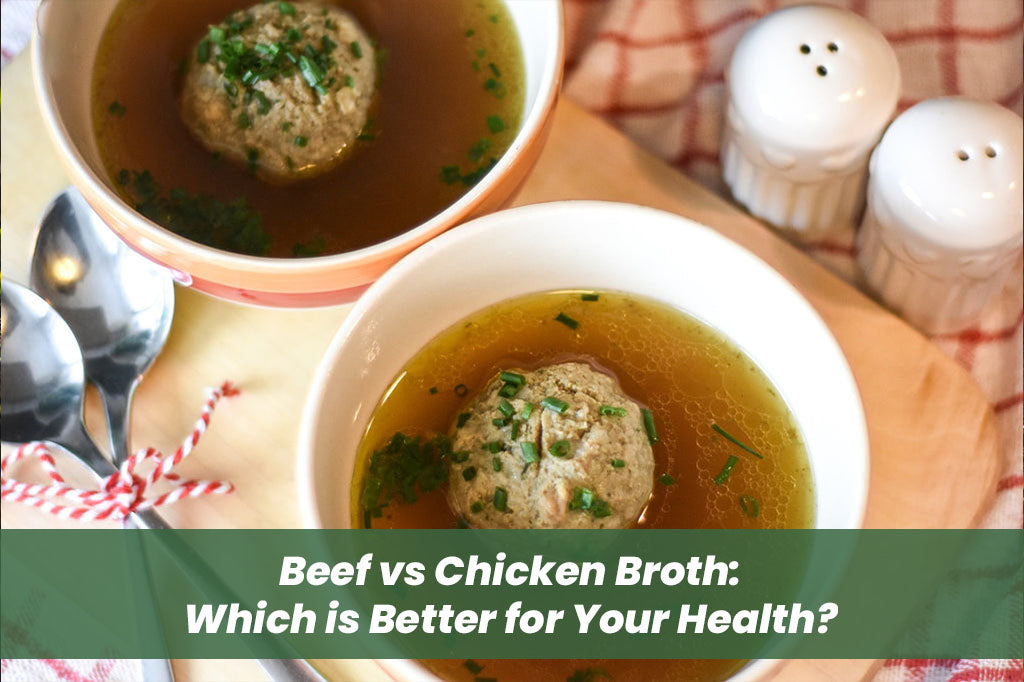Regenerative agriculture is an approach to farming and land management that focuses on improving soil health, biodiversity, and ecosystem resilience. It aims to restore and regenerate degraded farmland and minimize negative environmental impacts. Regenerative agriculture aims to increase soil organic matter, promote water conservation, enhance biodiversity, and reduce the use of synthetic inputs like pesticides and fertilizers. It has gained attention for its potential to mitigate climate change by sequestering carbon in the soil. Overall, regenerative agriculture seeks to create sustainable and resilient farming systems that benefit both the environment and agricultural productivity.

Products from regenerative farms are often considered better for several reasons:
1. Nutritional Value: Regenerative farming practices prioritize soil health, which leads to nutrient-dense crops. Healthy soil enriched with organic matter and beneficial microorganisms enhances the nutritional content of plants, resulting in more nutrient-rich and flavorful produce.
2. Environmental Sustainability: Regenerative agriculture focuses on minimizing negative environmental impacts. By using practices such as cover cropping, crop rotation, and reduced chemical inputs, regenerative farms promote biodiversity, reduce soil erosion, conserve water, and enhance overall ecosystem health. This approach helps protect natural resources and reduces the carbon footprint associated with conventional farming.
3. Soil Health and Carbon Sequestration: Regenerative agriculture places a strong emphasis on building and maintaining soil health. Healthy soils retain more water, have better nutrient cycling, and foster beneficial microbial activity. Additionally, regenerative practices can increase soil organic matter, leading to carbon sequestration. Carbon sequestration helps mitigate climate change by removing carbon dioxide from the atmosphere and storing it in the soil.
4. Resilience and Long-Term Sustainability: Regenerative farms prioritize long-term sustainability by focusing on building resilient farming systems. By enhancing soil health, regenerative practices improve the farm's ability to withstand extreme weather events, pests, and diseases. This resilience reduces the reliance on synthetic inputs and fosters a more self-sufficient and sustainable farming approach.
5. Ethical Animal Welfare: In the context of livestock farming, regenerative agriculture often emphasizes ethical animal welfare practices. This includes providing animals with ample space, access to pasture, and natural diets. Animals raised in regenerative systems are generally healthier, less stressed, and have a better quality of life compared to those in intensive farming operations.

Overall, products from regenerative farms are considered better because they prioritize ecological integrity, nutritional quality, environmental sustainability, and long-term viability, aligning with the growing consumer demand for ethically and sustainably produced food.

Animals that grow up on regenerative farms experience several benefits:
1. Access to Pasture: Regenerative farms often prioritize providing animals with ample access to pasture or range, allowing them to engage in natural behaviors like grazing, foraging, and socializing. This promotes their overall well-being and allows them to express their natural instincts.
2. Healthier Diet: Animals on regenerative farms are typically fed a more natural diet that aligns with their evolutionary needs. For example, ruminant animals like cows are allowed to graze on grass, which is their natural food source. This diet enhances their health and nutritional profile.
3. Reduced Stress: Regenerative farms aim to create low-stress environments for animals. By providing adequate space, comfortable resting areas, and minimizing exposure to stressful factors like overcrowding, animals experience reduced stress levels, which can positively impact their overall health and behavior.
4. Avoidance of Hormones and Antibiotics: Regenerative farms often avoid the routine use of hormones and antibiotics in animal production. Instead, they focus on preventive measures like providing a healthy diet, proper sanitation, and access to a natural environment. This reduces the reliance on pharmaceutical interventions and helps prevent the development of antibiotic resistance.
5. Enhanced Animal Welfare Standards: Regenerative farms prioritize high animal welfare standards. This includes providing animals with appropriate shelter, veterinary care, and access to clean water. It also involves handling and transportation practices that minimize stress and ensure humane treatment.
6. Support for Biodiversity: Regenerative farming practices, including rotational grazing, can enhance biodiversity on the farm. By mimicking natural ecosystems and allowing animals to graze and move across different areas, regenerative farms contribute to the preservation of native plants, insects, and wildlife habitats.

These advantages contribute to the overall health, well-being, and quality of life for animals raised on regenerative farms, aligning with the principles of ethical and sustainable animal agriculture.




